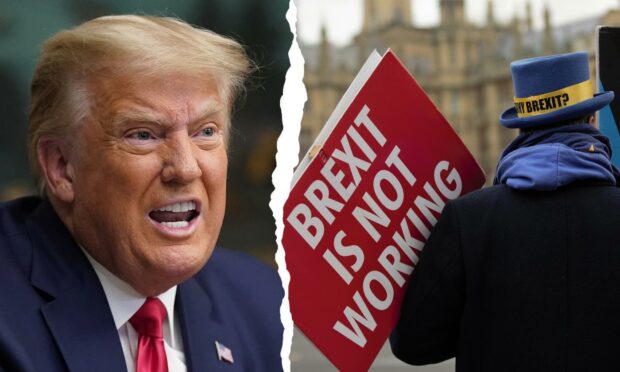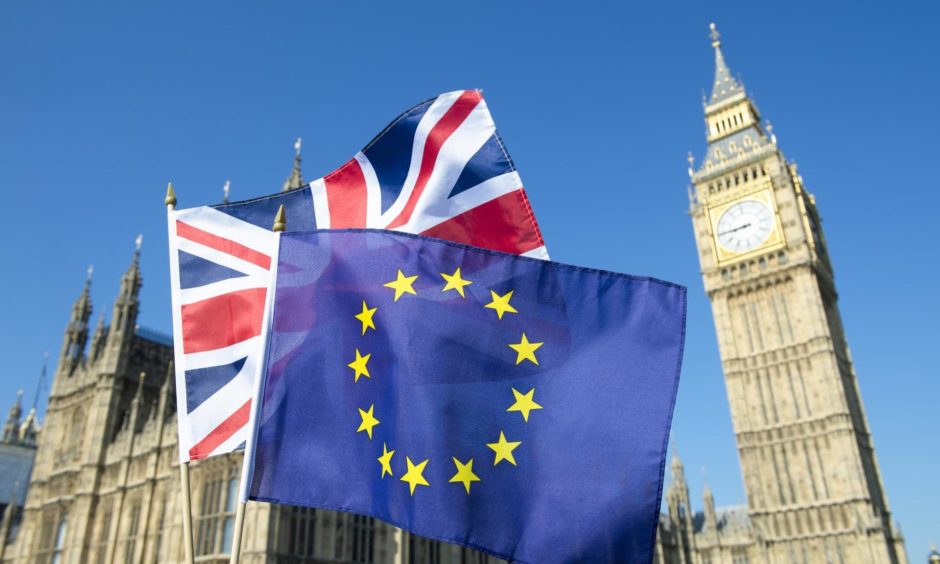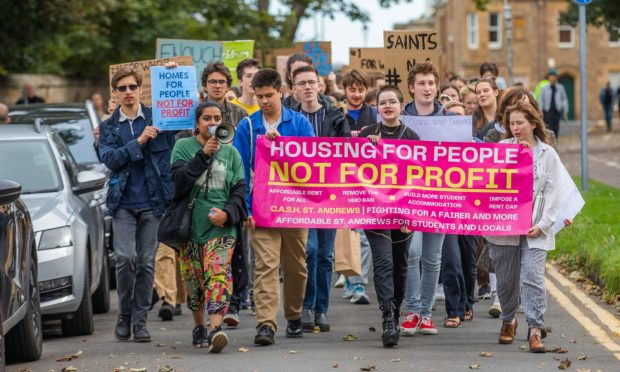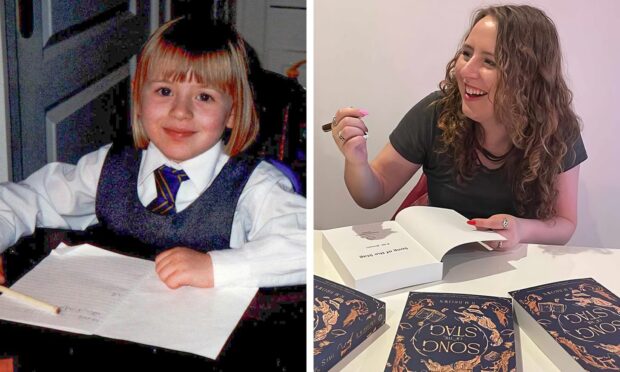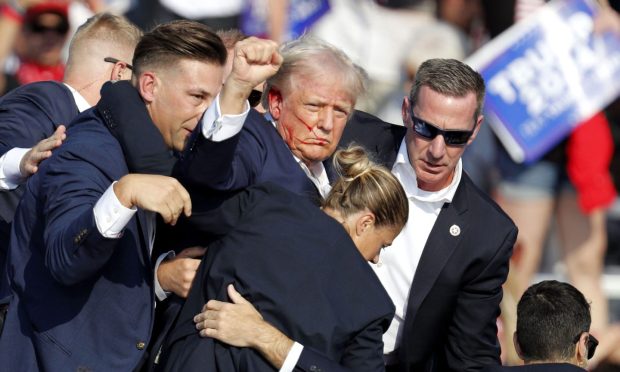Political divisions across the world are deeper than at any time in the last 50 years, a new St Andrews University-led study has found.
Research by academics suggests populist movements like the Brexit campaign and support for former US President Donald Trump have led to growing divides across the world.
These campaigns, the study says, have disrupted established norms and “acted against democratic institutions”.
But despite growing differences between opposing political parties, the study says a united front from political movement could help to heal these deepening divisions.
It also pointed to the social issues, such as racism in the US, which underlie populist movements.
Researchers seek to understand political identity
Dr Alexander Stewart of the School of Mathematics and Statistics at St Andrews University, who led the study, said: “We know that people have been becoming more politically polarised over time, for example in the US, but we don’t know exactly why political identity is becoming so important.
“We tried to understand this by developing a game theoretic model for the cultural evolution of party identity and comparing it to data.”
He explained that they found that if a conflict existed between different identity groups, such as different racial groups, people will tend to “shift their political identities over time to match up with their racial identity, leading to political polarisation”.
Dr Stewart added: “This happens because it reduces conflict within a party. Factors such as inequality, which lead to greater animosity between identity groups, can trigger this process.”
International collaboration
The research is part of a collaboration by St Andrews University in Fife and Princeton and Pennsylvania universities in the US.
Researchers said their work could be extrapolated to give insight into the rise of populist politics which “represent themselves as ‘against’ the elite”.
The study said this includes Trump in the US, Modi in India, Le Pen in France, Bolsonaro in Brazil and the Brexit movement in the UK.
Dr Stewart added: “We found in the US for example that racial polarisation expressed by voters has declined while political polarisation between Republicans and Democrats has increased, and political parties have become increasingly sorted along racial lines.
“This suggests that antagonism between racial groups has shifted to become associated with political identities over time.”
Reducing inequality ‘not enough’
And while reducing wealth inequality could “set the stage” it would not be enough to reverse polarisation in isolation.
Dr Stewart said: “To reverse polarisation you must first remove the conditions that helped create it (i.e. reduce inequality) and then engage in ‘coordinated efforts’ to change attitudes e.g. signalling by political elites in the form of bipartisan cooperation or improved rhetoric about the ‘other side’.”
